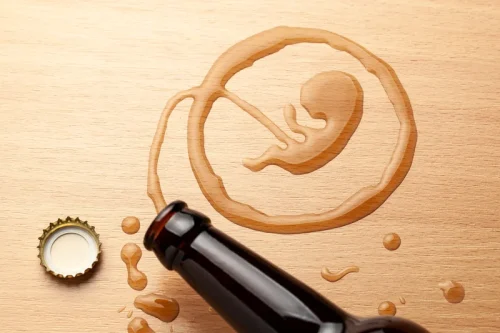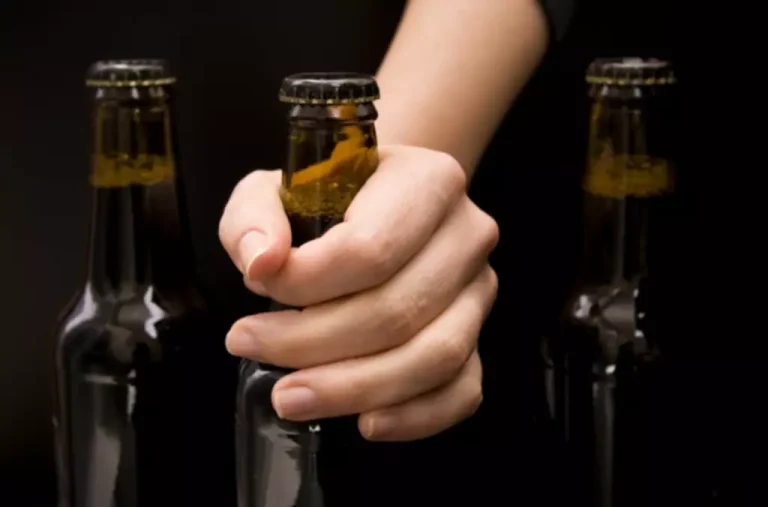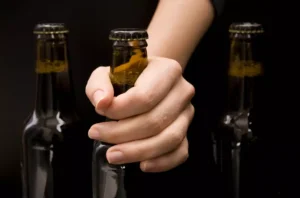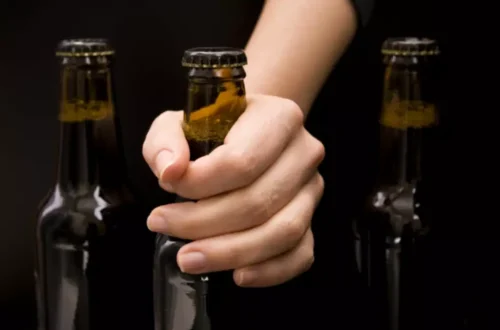
Part of the application process is an inspection of the physical location by the South Carolina Law Enforcement Division (SLED). Once an application and fees are received, the application is assigned to an analyst in ABL and a SLED agent to complete the physical inspection. To alleviate any delays, please read all of your MyDORWAY correspondences and/or phone calls from ABL and SLED.
Staying Healthy
- You might run into obstacles along the way that tempt you to drink.
- Many people with alcohol problems and their family members find that participating in support groups is an essential part of coping with the disease, preventing or dealing with relapses, and staying sober.
- It may also help with hot flashes that can occur during alcohol withdrawal.
- If you’re not experiencing negative health effects right now, it might be a good idea to learn about what could happen if you do keep drinking.
- The way that a social drinker stops drinkingis different from the way that ahigh-functioning alcoholic quits drinking.
- It can also help you gain a new perspective as you consider how your life will change without alcohol.
During the pre-contemplation and contemplation stages of change, a harm reduction approach may be helpful. Harm reduction recognizes that while total abstinence is the goal, it is a process that takes time. Although quitting entirely is the best path to wellness, reducing or eliminating the most harmful substance use or behavior is a huge improvement and will greatly reduce the harm caused. People continue to engage in harmful behaviors despite negative consequences because addiction changes the brain's reward system, which increases the desire for the substances or experiences. These changes in the brain also affect impulse control and judgment, which makes quitting that much more challenging. This article discusses what you will need to do to overcome an addiction and offers tips that https://ecosoberhouse.com/ can help.
- Enabling can also mean doing things for an addict that they are plenty capable of doing themselves.
- Tell your close friends and family before you begin your detox, and ask them to support you.
Social Support and Treatment Programs
The challenge of this stage is to essentially develop and maintain healthy life skills that will serve you for a lifetime. An exciting part of this period is that it can lead you to a happier life full of welcomed change and constant improvement. This stage typically starts 3–5 years after you’ve stopped drinking. People often need to address past trauma or familial issues during this time. Some people may feel so “broken” that they almost feel they can no longer experience joy and confidence, or have healthy relationships again. That said, there are four general stages of recovery, as compiled by addiction expert Steven M. Melemis, MD.
- However, medical treatment is necessary to treat major symptoms of withdrawal.
- Behavioral health treatment for alcohol problems is often (but not always) covered by insurance.
- Drinking lots of fluids, especially fluids with electrolytes, will help address dehydration and nausea and improve your overall health and ability to undergo withdrawal.
- One factor to remember is that the discomfort of withdrawal is only temporary.
Prepare for potential alcohol detox
You can use the guidelines to get an idea of how many standard drinks you’re used to. Experts at The HAMS Harm Reduction Network, which comprises doctors, social workers, therapists and other experts, recommend using beer to taper because it’s easier to get drunk from liquor or wine. If you feel comfortable doing so, discuss your challenges with your primary healthcare professional. Finding a therapist can also be a great starting point if you’re uncomfortable opening up to your healthcare professional. By avoiding alcohol, you’re taking a big step toward improving physical health.
Support Groups

From month-long sobriety challenges to the Sober Curious movement, more and more people are taking a closer look at the role alcohol plays in their lives. Being able to see where you are in your recovery journey can help provide clarity as you consider the next step. Asking yourself questions can help you more accurately assess the circumstances. Any person engaged in retail sales in South Carolina is required to obtain a Retail License. To secure an Alcohol Beverage License (ABL), you must have a South Carolina Retail License.
Treat Co-Occurring Mental Health Conditions
One advantage of mutual support groups is that there is likely someone to call on in such an emergency who has experienced a relapse and knows exactly how to help. Research has identified relapse patterns in adolescents and adults recovering from addiction. In one study, two-thirds of the adults relapsed in social situations in which they experienced urges and temptations to drink or use. One third experienced relapses when they were experiencing negative emotions and urges to drink/use. By contrast, most adolescents relapsed in social settings when they were trying to enhance a positive emotional state. A small group of adolescents relapsed when facing interpersonal difficulties accompanied by negative emotions and social pressures to drink or use.


If you’re not experiencing negative health effects right now, it might be a good idea to learn about what could happen if you do keep drinking. Foods rich in vitamins and minerals, like fruits, vegetables, lean proteins and whole grains, can support the body’s recovery. Hydration is also important, so drinking plenty of water and avoiding caffeine is advised. Some people find that smaller, more frequent meals help if nausea is an issue. A good diet won’t lessen withdrawal effects but will support your body’s ability to deal with them.
Consider Medications to Help You Quit Drinking
Others find it painful, difficult, and frustrating, sometimes needing many attempts before achieving their goal. Still, others discover new sides to themselves during the quitting process (a greater capacity for compassion, for example). Relapse is common, but it can also be dangerous and even fatal in the case of some substances. The risk of dying from an overdose is extremely high if you have been through withdrawal because your tolerance of the drug will be much lower than it was before you quit. While it can be disheartening and frustrating, relapse is quite common. However, as the National Institute on Drug Abuse (NIDA) explains, relapse does not mean that treatment has failed.
Helpful Links

Let’s address some of the most frequently asked questions about alcohol withdrawal, providing insight into different aspects such as medication, home remedies, dietary considerations and more. Like deep breathing, meditation can help you stay balanced and relaxed during your withdrawal. At times, it’s easy to forget why you entered recovery in the first place. Meditation can help clear your mind to focus on what really matters. It pulls you out of a reactive state of mind and into a how to overcome alcoholism proactive state, which can be a powerful tool in helping treat alcohol withdrawal. Often they struggle withdepressionoranxietyand drink as a way to self-medicate.
Alcohol and Cialis: Risks, Side Effects & Treatment
Millions of people do, whether they were once compulsive users of opiates, alcohol, or gambling. Relapse is common and experts see it as an opportunity for learning about and overcoming impediments to change. When they suddenly quit drinking, the brain continues its hyperactivity, but alcohol no longer suppresses the effects. This can cause seizures and delirium tremens, a severe form of withdrawal marked by tremors and hallucinations. If you taper off alcohol slowly or with medical supervision, the brain has time to adapt without causing severe side effects. One important thing to do when addressing alcohol withdrawal is to distance yourself from enablers and any drinking advocates that are in your life.